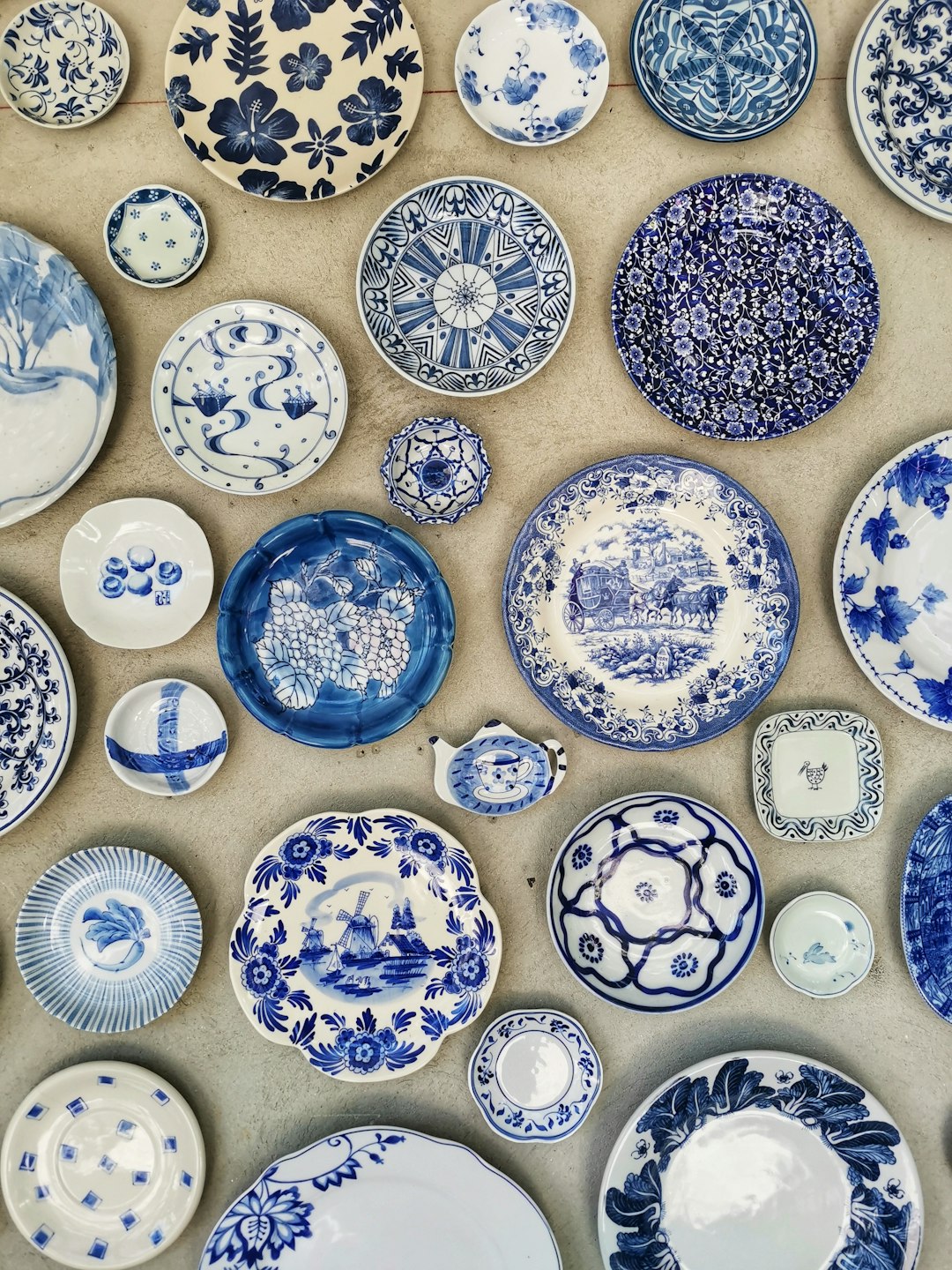
Is ceramic dishwasher safe? While many ceramic items are generally considered dishwasher safe, their suitability can vary greatly depending on factors such as the type of firing, glazing, and manufacturing standards. Pottery that has been properly vitrified and has a durable glaze can often withstand the rigors of a dishwasher. However, ceramics with raw clay exposed, delicate handmade items, or those with specific decorative finishes may fare better with hand washing to avoid damage over time.
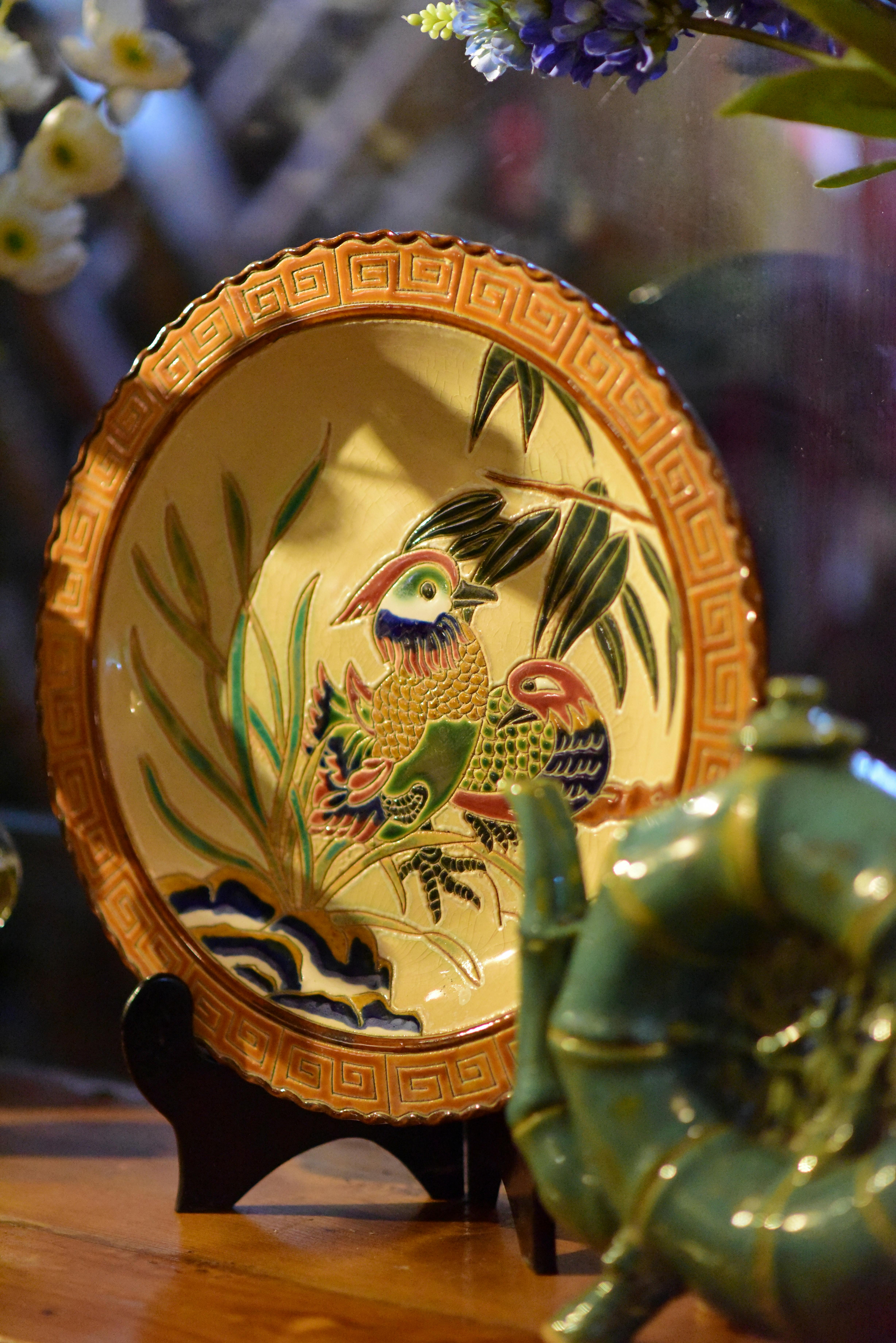
| Type of Ceramic | Dishwasher Safety | Additional Care Recommendations |
|---|---|---|
| Vitrified Ceramic | Generally Safe | Check for sturdy glazes; use gentle cycles |
| Handmade Ceramics | Caution Advised | Hand wash to avoid chipping, cracking, or breakage |
| Earthenware | Potentially Safe | Inspect for crazing; consider hand washing |
Understanding Ceramic Dishwasher Safety
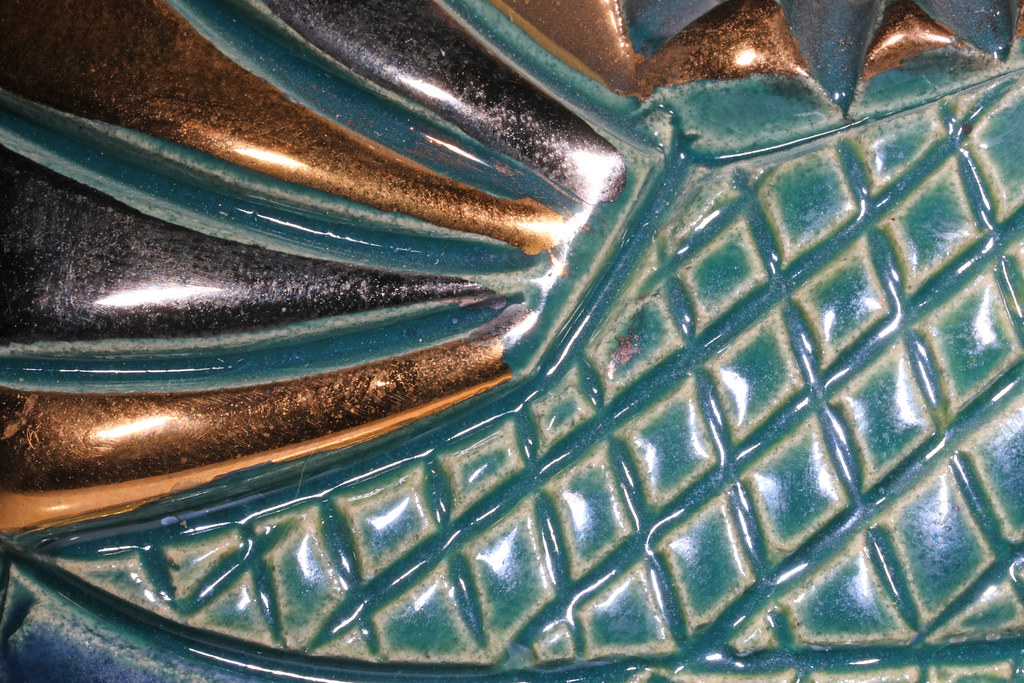
The world of ceramics is fascinating, teetering between delicate art and robust utility. With a wide array of types and finishes, knowing what’s dishwasher safe can be a bit nuanced. One key factor is the finish of the ceramic item. Glazed ceramics generally hold up well in dishwashers because the glass-like coating provides a barrier against water and detergent. However, not all glazes are created equal. If a glaze hasn’t been properly vitrified, it might allow water or chemicals to seep into the clay beneath, risking damage or leaching substances into your food.

Ceramics that have raw, unglazed clay exposed typically are not dishwasher safe. Moisture can penetrate the porous surface, leading to cracks and potential water damage over time. For these items, hand washing with gentle soap and a soft sponge is advisable for maintaining their integrity and appearance.
Care Tips for Different Types of Ceramic
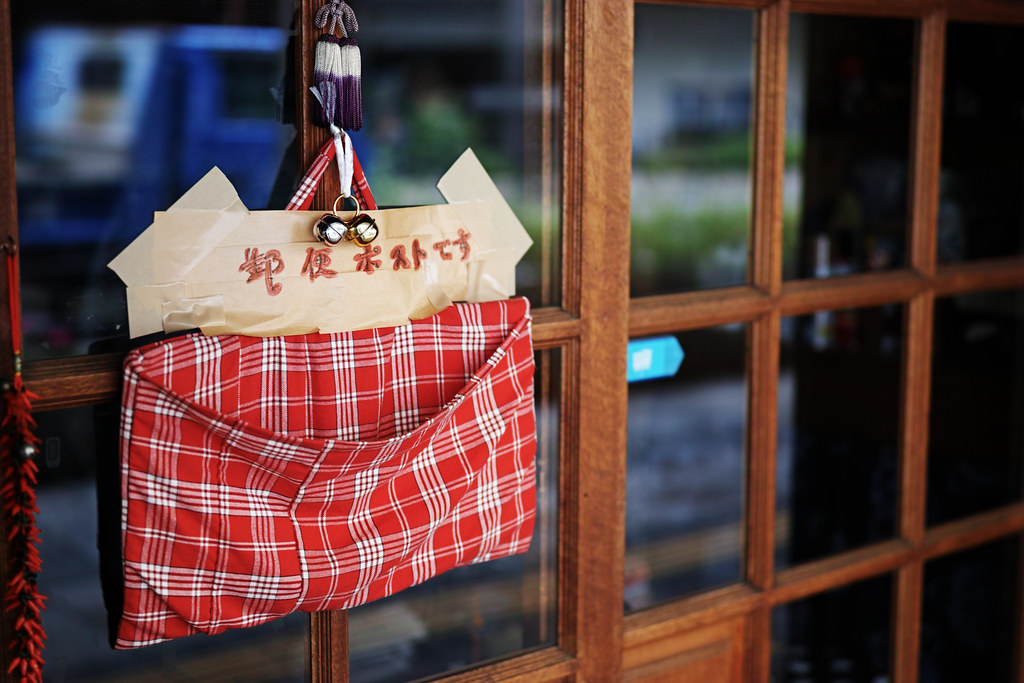
While most mass-produced ceramics come with a label indicating dishwasher safety, handmade varieties require a more discerning eye. Handmade ceramics, including stoneware and earthenware, often feature unique glazes and textures that may not stand up well to the intense heat and high-pressure water sprays in dishwashers.
- Inspect for crazing, which is cracking in the glaze that can expose the porous ceramic beneath. Pieces with visible crazing should be washed by hand to prevent further damage.
- Use mild dish soap and warm water, with attention to delicate parts like handles and rims.
- Rinse thoroughly to ensure no soap residue remains, and air dry to prevent spotting or water absorption.
Handmade items stored improperly can chip or crack, so take care when stacking them. Use racks or separators when storing plates and mugs, keeping in mind that decorative finishes might be more fragile.
The Durability of Ceramic Cookware
Ceramic cookware, especially those made from pure ceramic, can usually handle the dishwasher’s rigors. Brands like Xtrema offer all-ceramic cookware that balances a non-toxic, sustainable approach with practicality. Their products are designed to be dishwasher safe, providing the ease of modern convenience without sacrificing health or durability.
It’s noteworthy that while the dishwasher can be safe for many ceramic cookware items, overuse might still lead to fading or wear on less sturdy designs. To maintain longevity, alternating between hand washing and using the dishwasher might be a prudent strategy.
Ceramics bring both functional and aesthetic pleasure to our kitchens, but understanding their dishwasher safety involves more than just looking at labels. Explore options such as the Dinner-Plates-Ceramic-Plate-Set/dp/B09QFNQ7RW and DOWAN-Ounces-Porcelain-Bowls-Cereal/dp/B01CEBRM1W as durable options for everyday use. If sanitation is your concern, refer to guidelines from the CDC or tips on cleaning to prevent foodborne illnesses in your kitchen.
Do you have a favorite ceramic piece that you’ve cared for over the years? Share your cleaning tips or any memorable stories—your insights might just help preserve someone else’s treasured ceramics! For more inspiration, try crafting a personalized mug as detailed in this DIY guide, and learn about additional safety insights on ceramic wares. Stay informed and updated through our recent posts.
Dinner Plates Ceramic Plate Set
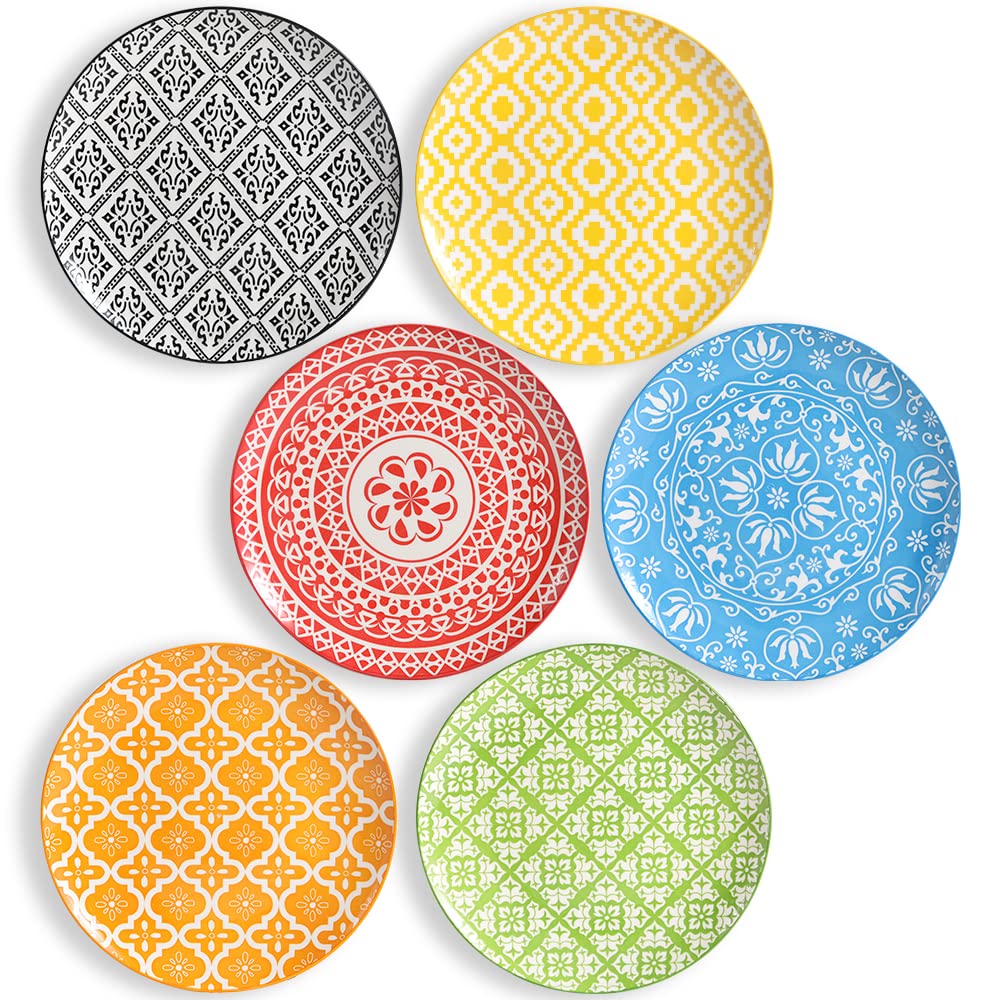
WeeSprout Divided Bamboo & Melamine Plates are perfect for growing kids, combining stylish design with functionality. This set of 4 kid-sized plates is dishwasher safe, making mealtime cleanup a breeze. Crafted from a durable mix of bamboo and melamine, they offer the ideal, eco-friendly solution for everyday dining.
Enhancing Dishwasher Safety for Your Ceramic Pieces
Is ceramic dishwasher safe? While many ceramic items are generally considered dishwasher safe, their suitability can vary greatly depending on factors such as the type of firing, glazing, and manufacturing standards. To gain a deeper understanding of how vitrification plays a crucial role in making pottery dishwasher safe, check out the video “How to make pottery Food Safe, Microwave Safe, & Dishwasher Safe // It’s all about Vitrification!” by Pottery to the People.
How can you tell if ceramics are dishwasher safe?
If your ceramic piece was produced recently, it often comes labeled as dishwasher safe—always check the manufacturer’s guidelines to be sure. Look closely for any thin, spider-web-like lines in the glaze called “crazing,” as these cracks can weaken the ceramic under intense dishwasher heat and pressure.
Can ceramics be put in the dishwasher?
Yes, you can place many ceramics in the dishwasher, but it’s worth remembering they’re more delicate than materials like glass or stainless steel. Handmade ceramics can be jostled by strong water jets, raising the risk of chips and cracks. If you’re worried about keeping special pieces in top condition, hand-washing them is a safer choice.
What ceramics are not dishwasher safe?
Porous ceramics, such as some types of earthenware, can soak up moisture more easily and may crack or discolor from repeated dishwasher cycles. Non-porous ceramics like porcelain or stoneware have a tighter structure that resists water absorption, making them better at standing up to the heat and movement in a dishwasher. When unsure, double-check the label or lean toward gentle hand-washing to help preserve your ceramics.
Can you put ceramic canisters in the dishwasher?
Most ceramic canisters can go in the dishwasher so long as they’re marked safe by the manufacturer. This also applies to ceramic pet bowls or treat canisters, as well as certain plastics and stainless steel. To prevent any issues with cross-contamination, many people choose to wash pet items separately from their regular tableware.
Ceramic dishes can be a wonderful addition to your kitchen, offering both beauty and functionality. However, it’s essential to understand the specific care requirements of your ceramic items to ensure they last long and maintain their appearance. Always check the manufacturer’s guidelines and consider the type of ceramic you have to determine the best cleaning methods. By taking these precautions, you can enjoy your ceramic ware without worry.
Stay Connected for More Tips!
If you found these insights helpful, don’t hesitate to stay updated with more kitchen care tips and inspiration. Follow us on Instagram for daily updates and join our community of fellow ceramic enthusiasts. We love sharing ideas and helping each other keep our homes beautiful and functional!
Leave a Reply
Venture into a world where clay and creativity converge at JJClayStudio.com – where every piece tells a story. Unearth your next treasure and become part of the narrative that turns everyday moments into artful experiences.
